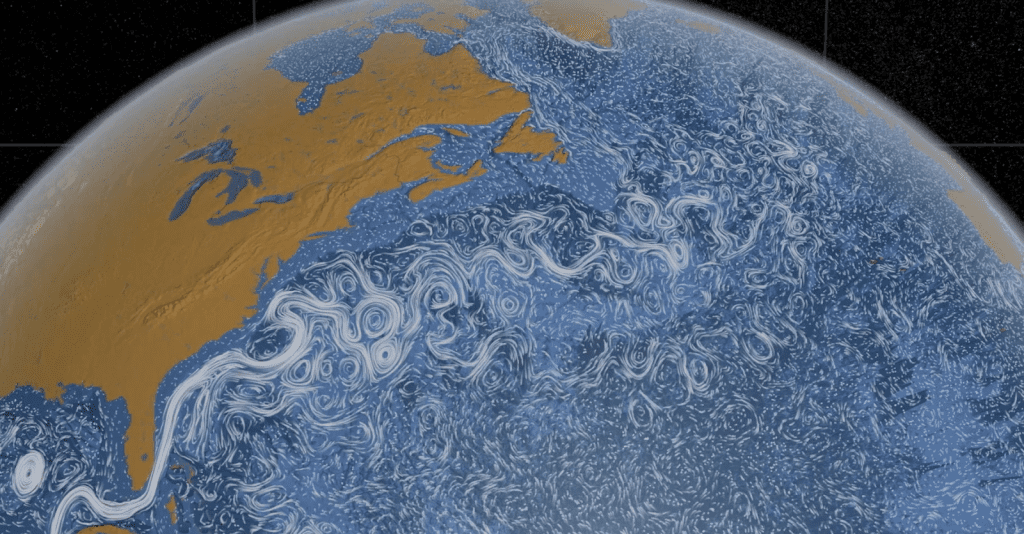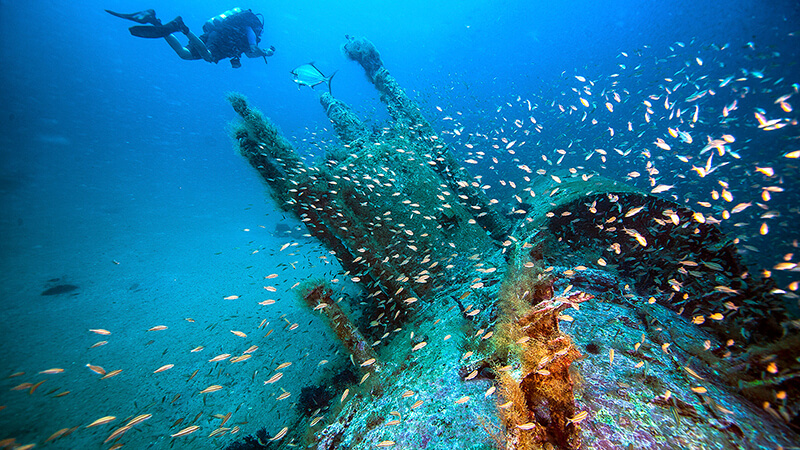New Research Investigates Marine Boundary Layer Stability
Researchers funded by CVP studied the behavior of the marine atmospheric boundary layer in the presence of warm or cold fronts, with implications for climate models.
New Research Investigates Marine Boundary Layer Stability Read More »






